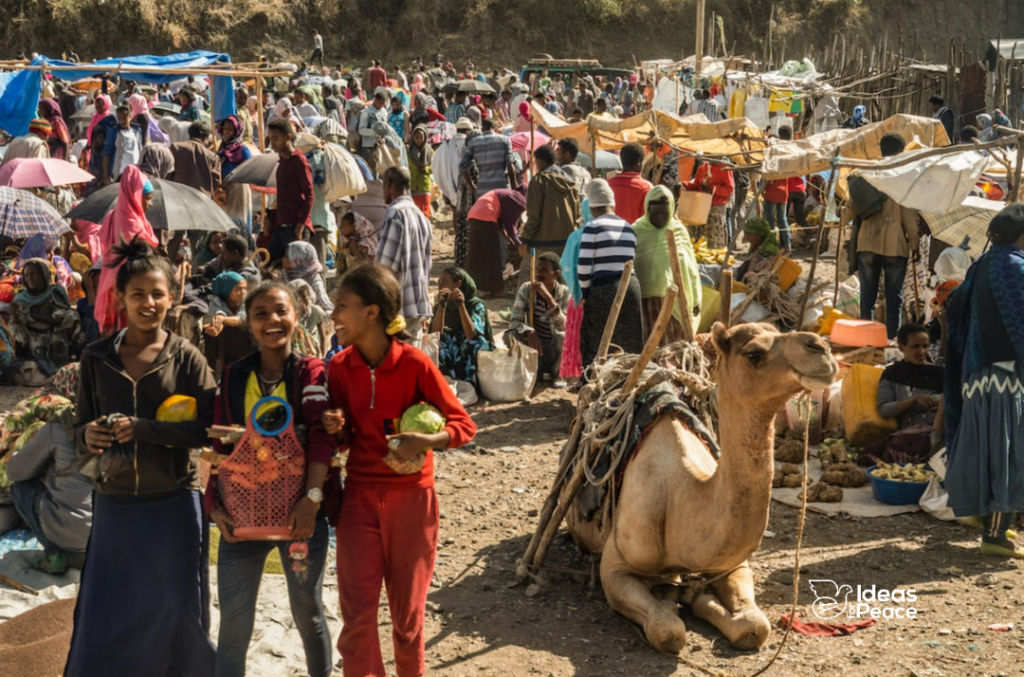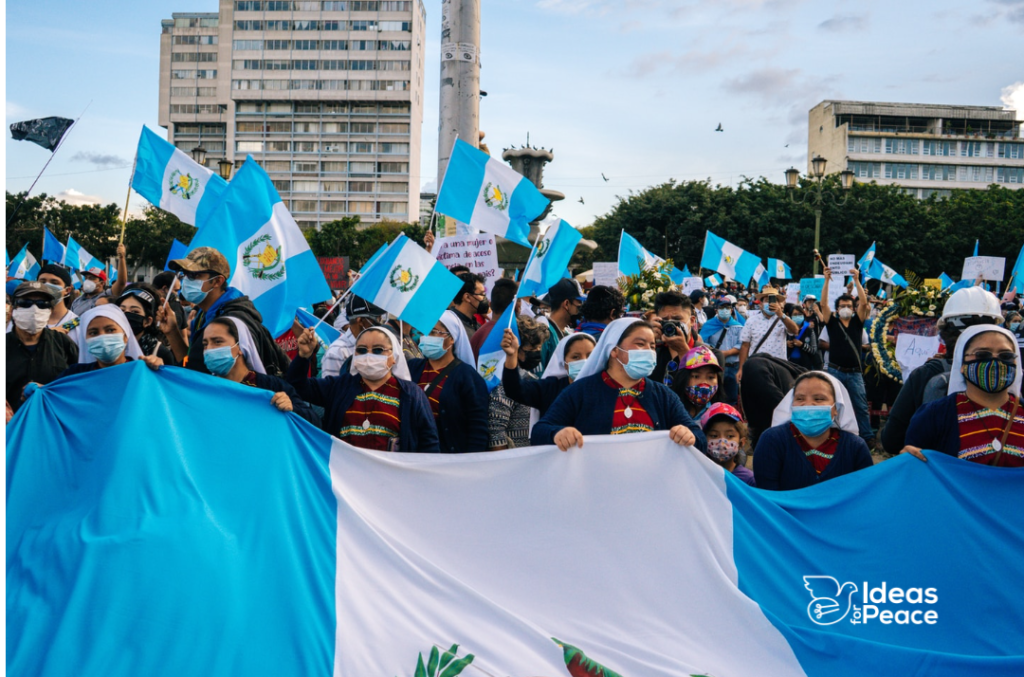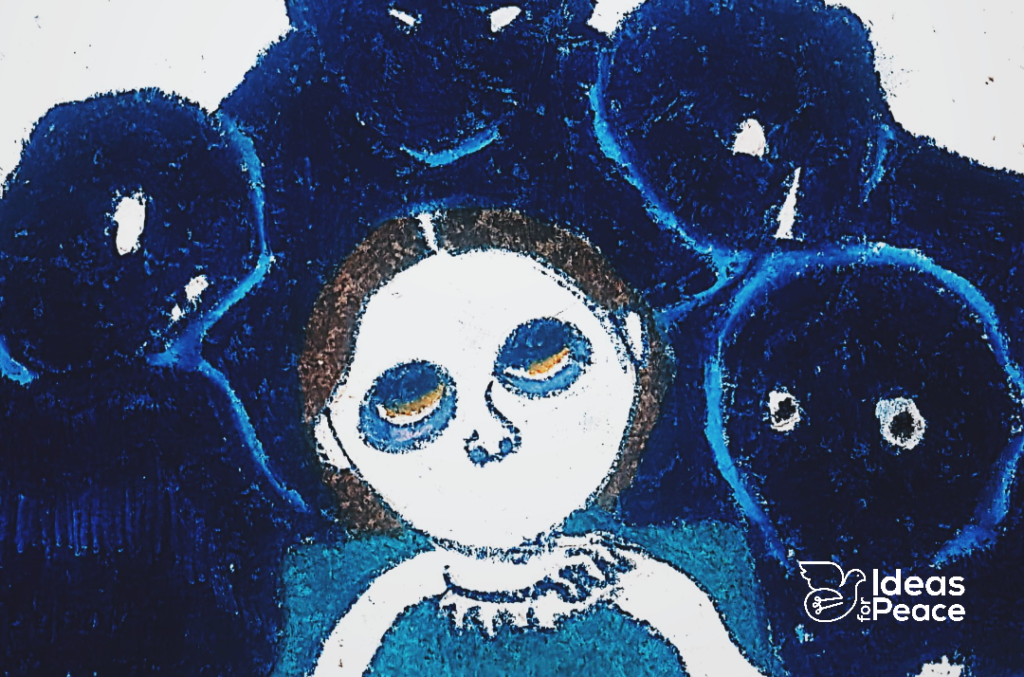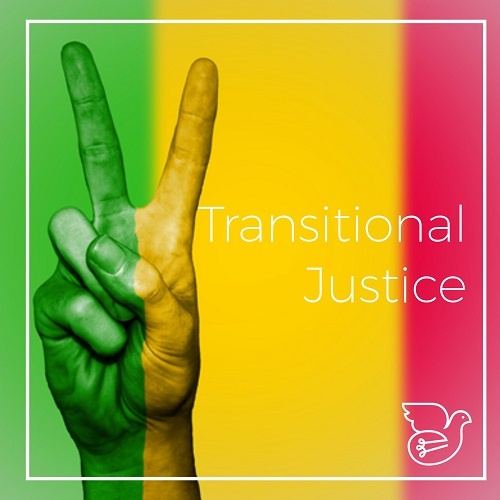Reimagining Sustainable Peace in Tigray: A Transitional Justice Perspective

Reimagining Sustainable Peace in Tigray: A Transitional Justice Perspective Author: Markus Penda Mulandula Angula Published on 5 June 2023 According to Andrews, P. (2015), ‘transitional justice mechanisms are non-judicial bodies set up by governments after armed conflict or internal political violence. These mechanisms usually reflect the compromise reached between warring parties during negotiations to end […]
Prácticas restaurativas: el rol de la Comisión Internacional contra la Impunidad en Guatemala

Prácticas restaurativas: el rol de la Comisión Internacional contra la Impunidad en Guatemala (CICIG) Autor: Mauricio Abraham Rosales Schettini Traducido al inglés por Leah Ann Durst-Lee Luego de un Conflicto Armado Interno (CAI) de 36 años (1960-1996) los acuerdos de paz en Guatemala supusieron la llegada de un nuevo capítulo en la reconstrucción de una […]
“I don’t even know whether he is still alive or not”: Enforced disappearances in Indonesia

“I don’t even know whether he is still alive or not”: Enforced disappearances in Indonesia Author: Aldo Marchiano Kaligis “Until today, I still keep my son’s National Identity Card and his name on the Family Card. So how can I forget him? How can the government forget him?“ When I was working for Amnesty International […]
Why I am Optimistic That Racism Will End Someday?

In this article, the author, Jerry Locula, underscores that in addition to the irresistible global solidarity kindled against racial discrimination; constructive steps taken so far in terms of administrative and policy changes following the death of George Floyd have given him tremendous hope. According to the Social Justice Activist, even though it has been a long time coming, the notable achievements made so far, plus what he has seen in these days of George Floyd, made him believe that the world will change and racism will end, even if it takes centuries.
Transitional justice for Mali: The impasse?

Transitional justice for Mali: The impasse? Author: Odette Pires Translated into Spanish by Florencia Prieto For eight years now, Mali has been a scene of a series of armed conflicts involving multiple local, regional, and international actors that are getting more and more entangled in a dead end. Important stakeholders such as France, the United-States, […]
Hopes and Challenges Facing Emerging Democracies in Africa and Asia
The best hope for a peaceful world where fundamental human
rights are respected is for democracy to ultimately triumph in fractured societies. However, for that to happen, certain
preconditions must be established including the rule of law, an independent judiciary and
media, a culture that begins to ferociously resists corruption and the
establishment of truly independent organs of government that can ensure a fair democratic processes.
Evil and the Justice of God
Key Words: Justice, Christianity, Theology, Philosophy, Conflict Resolution, Forgiveness, Evil, Terrorism
Getting Away With Murder: The Khmer Rouge Tribunal
After 30 years, a tribunal has finally been established to bring some of those responsible for the Khmer Rouge attrocities to justice. As Sopheada Phy demonstrates, however, the limited scope and poor design of this tribunal will ensure that the justice served will be superficial at best, as many of those, both inside and outside of Cambodia, who supported and sustained the brutal rule of the Khmer Rouge, will not be called to account for their crimes.
Article 2(4) of the UN Charter: Alive and Well
Some have argued that the continued use of force in international relations demonstrates that the prohibition of the use of force in Article 2(4) of the UN Charter is meaningless and outdated. Kanade counters this position with a discourse on the purpose and interpretation of international law, and argues that the UN Charter continues to offer a meaninful and effctive legal framework for confronting threats to global peace and security.
Peace in Aceh
Three years after the historic Memorandum of Understanding was signed, Endro Kristanto discusses the long standing struggle between Aceh independence advocates and the Indonesian government, the current challenges to peace, and the necessities of building trust, protecting human rights, and moving towards political reconciliation.
